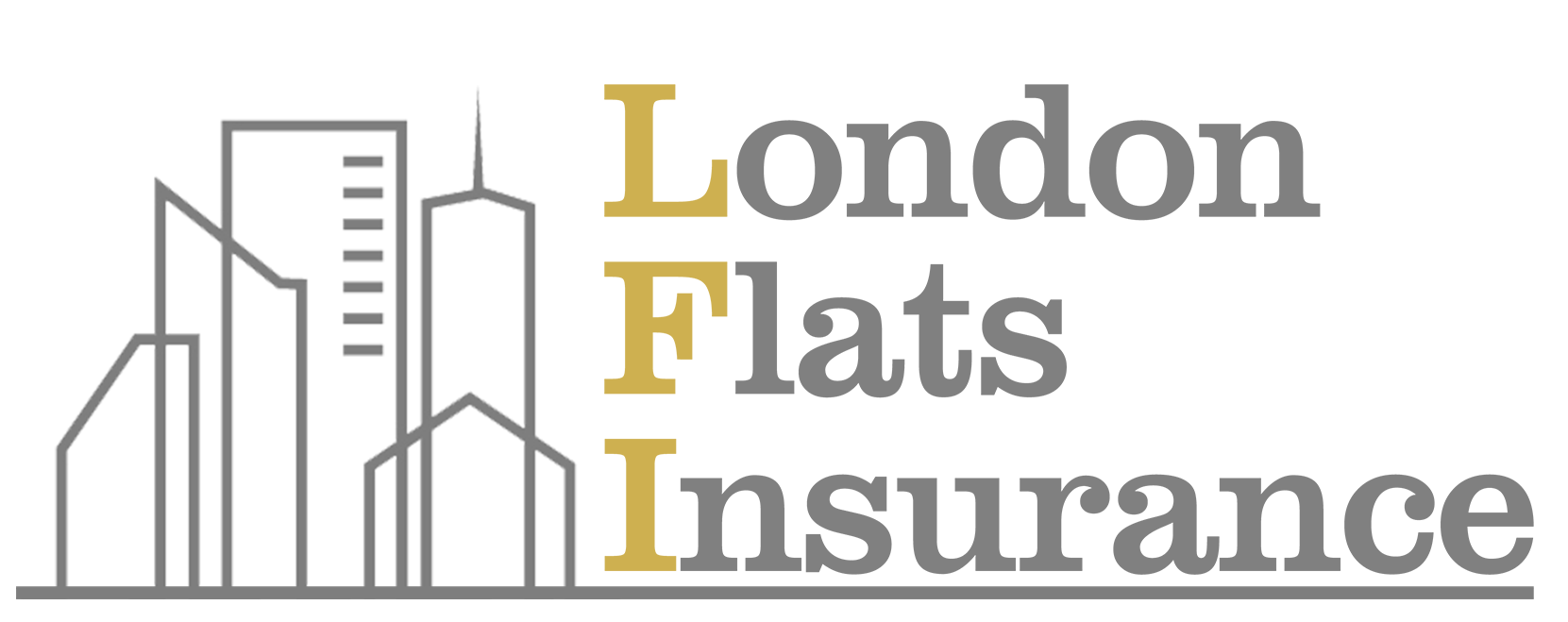Sinead Campbell, of London Flats Insurance, explains how non-payment of service charges is a property manager’s nightmare. Arrears throw the year’s maintenance and service provisions into chaos and can even lead to a decrease in property value if sufficient maintenance can’t be carried out.

When leaseholders sign their lease, they are taking on the responsibility of paying the service charge demands and ground rent as set out in that lease in anticipation of the coming year’s expenditure. Non-payment is a breach of lease and should be taken very seriously- but what can, and what should, you do?
First Things First
It’s worth bearing in mind that payment of service charges can be delayed for a variety of reasons, for example, when someone has died, a property has been sold or a leaseholder is made redundant- in which case an investment landlord cannot attract a tenant, and therefore it’s important that the landlord, Managing Agent or Residents Management Company (RMC) investigates proactively.
Any late payers should be written to with polite reminders of the demand and their obligations under their lease. A conversation should be started with a view to getting the demand paid in one way or another; whether that be through an instalment plan for anyone struggling with their finances, a direct debit if that makes their life easier or by simply making a concession as long as a precedent isn’t being set.
Late Payment Fees
If a leaseholder is being uncooperative or simply refusing to pay the demand, check your lease for guidance on late payments. Most leases allow for late payment fees to be charged by the landlord and, since the Commonhold and Leasehold Reform Act 2002 came into force, it has become possible to levy variable administration charges for breaches of a lease (such as late payment) even if the lease does not specify this.
When advising a leaseholder of an administration charge, you must ensure that they also receive a notice of the Tenant’s Rights and Obligations (Administration Charges). As the charge is variable, this simply means that whatever administration fee is levied, it must be reasonable.
Interest Charges
Leases often allow interest to be charged on unpaid service demands which often encourages payments to be made in a timely manner. A typical lease will specify a late payment interest rate of around 4% above base rate.
If your lease does not contain this option, then you may be able to apply to the First-Tier Tribunal (FTT) for a ‘variation of lease’ under Section 35 of the Landlord and Tenant Act 1987 – but it will need to be seen as fair and reasonable. Equally, the FTT can prevent landlords requesting interest charges if they are seen to be unreasonably high.
Debt Recovery
Where debt recovery is necessary, it’s best to follow a clear procedure- ideally with a zero-tolerance approach to late payments. The procedure should be common knowledge with your residents and should explain to all leaseholders (in very clear terms) why timely payment of service charges is so crucial to the running of their development. This should be outlined in terms of maintenance and property value.
We would recommend the following procedure:
- 14 days after the due date: First reminder letter explaining the procedure that will follow if payment is not made
- 21 days after the due date: Second reminder letter advising that legal action will be initiated 7 days after the date of the letter
- 28 days after the due date: Legal action initiated
At each stage, we’d advise that you offer the leaseholder the opportunity to discuss the outstanding balance and any issues they’re experiencing to see if any arrangements can be made.
The reminder letters should:
- Be clear & concise
- Refer the leaseholder to the availability of legal advice
- Provide a reasonable length of time for the leaseholder to respond
- State what will happen if the debt remains unpaid without discussion
Taking Legal Action
This, while a last resort, is a fairly risk-free approach for the property manager to take. Some law firms will work on a ‘no recovery, no fee’ basis and will not charge anything upfront as they know will be able to recover their fees from the late-paying leaseholder (so long as the lease allows this, and the vast majority of leases do).
When instructing a solicitor, always choose a firm that specialises in the recovery of service charges. They will understand the urgency required- for the benefit of the property and the remaining leaseholders as well as the manager.
Legal action is usually sought by seeking a judgment by the court (a CCJ) which may award the monies owed plus fixed costs (for claims under £5,000) and late payment interest to be paid by the defaulting leaseholder. Once a CCJ is granted by the court your solicitor has a variety of options to enforce the court’s order.
How is a Judgement Enforced?
If payment remains outstanding following the court’s decision, a number of enforcement measures are available:
- ‘Warrant of Execution’ by the courts bailiff to seize goods to the value of the debt
- ‘Attachment of Earnings Order’ where monies are deducted regularly from the debtor’s salary
- ‘Charging Order’ where the debt is secured against land or shares in which the debtor has an interest
- ‘Third Party Debt Order’ which requests the monies be paid by a third party who owes money to the debtor (often banks or building societies)
What Happens If Mortgages Are Involved?
Where flats and apartments are subject to mortgages, the late-paying leaseholder will not only be breaching the terms of their lease but also the mortgage company’s requirements.
Mortgage companies should be made aware of the debt, as they will be keen to protect their investment to avoid any possible forfeiture of the lease and the loss of their security. They may even offer to add the debt to their clients’ mortgage with or without a leaseholder’s consent.
In most cases, if there is a mortgage on the property, it is likely that the mortgage provider will be given a further opportunity by your solicitor to protect the mortgagee’s interest and pay on behalf of the leaseholder the full amount owing – including the solicitor’s costs, interest, administration charges and, of course, all the arrears of service charges and ground rent.
Whether you are looking for:
- Flats Insurance
- Directors and Officers Liability Insurance
- Terrorism Insurance
- Lift Inspection and Insurance
- Out of Hours Emergency Assistance
- Roads and Private Estates Insurance
Call our team at London Flats Insurance on020 7993 3034 or visitwww.londonflatsinsurance.co.uk.
